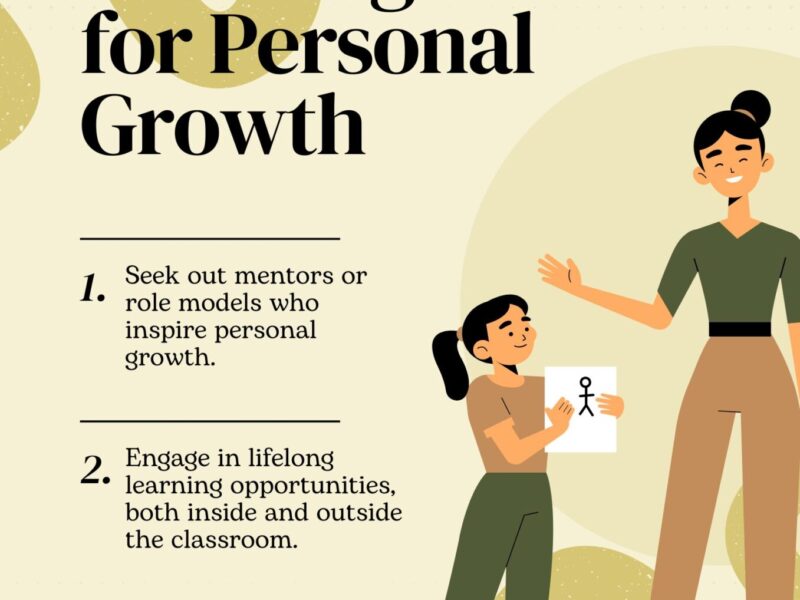Cumulative research alludes that distance education is one of the fundamental educational aspects collected in the 21st century. Due to technological development, the convenience of online services, and their wide use, students are increasingly resorting to online education. They aim to acquire new competencies, take occupational degrees, or advance in their careers. Nevertheless, a shift from the traditional way of learning in classrooms to a distance self-learning approach creates a distinct set of problems.
Top Strategies for Success in Online Courses.
On the one hand, one cannot compare the general flexibility and freedom provided in completing tasks without being physically present in a class. On the other hand, this form of learning demands a high level of discipline, motivation and organization which some students may find impossible to keep up with. Without a teacher or a fellow student to interact with many students might find it a challenge stick to their studies especially when they have things to do at home. In order to assist you in achieving success in a classroom that is completely virtual, this article will address some of the top strategies for success in online courses.
1. Establish Specific and Realistic Undertakings
Achieving certain aims encourages individuals to progress in any learning process but is most vital in online classes where external discipline is drastically minimized or non-existence. Otherwise, you may wonder about where to go next, or what adventure to take.
Clarify More Deceive Goals
Because long term goals justify the need for education. Where as if an individual is participating in an online course for self-improvement or self-development rather than education, the individual tends to aim in acquiring skills or perhaps earning a skilled or professional certificate. No matter how lofty the long-term goal, it becomes a ‘how come’ in the long run and therein lies encouragement when you are lost otherwise on one or several aspects.
Transform Goals into Smaller Steps
Most people are used to setting big goals but they often tend to intimidate during the process and instead it is advisable to use structure. Short term goals would focus on this include the completion of a certain module at the end of the week; submission of an assignment within the deadline; or understanding a certain principle.
Suit Your Goals to Your Learning Preference
Each learns in its own way, hence, it is paramount to match your goals with your learning style if you want to be successful. For a picture thinker one may aim at goals which include watching lecture videos, drawing pictures or doing mind maps. If you are a tactile learner, you may want to include goals that involve doing assignments, projects, or taking up quizzes. It is straightforward to formulate goals that suit your capabilities when you know what mode of learning works best for you.
2. Get Organized with a Study Calendar
The bright side of distance education comes with its challenges. A study schedule prepared for you personally assists you in doing the right things at the right time and meeting the required targets.
Resolve on To Spend Certain Number of Hours on Studies
One of the initial measures to take towards establishing a timetable is to define the studying frequency and the length of time to study. It is always advisable to choose a time that one is very active and has no distractions.
Employ Time Management Tips
Do not forget to use such management skills and means as Google calendar, Trello or Notion while organizing your activities. Platforms such as these enable you to devise study plans, manage workloads and even remind you of various assignment deadlines.
Practice the Pomodoro Method
The Pomodoro Strategy suggests 25-minute work intervals with breaks of 5 minutes in between, these are then repeated. In this case, after the first two cycles, participants will take a complete break of 15–30 minutes. Pomodoro Method helps to avoid overstressing the mind as well as helps in accomplishing study goals effectively.
Schedule Some Free Time Too
As much as it is advisable to control your time, there are situations that tend to defy that approach. If possible, set aside some time for delays and other contingencies as well as for particularly challenging tasks.
3. Set up a Study Area with all Medias
In every learning situation there is always something over and beyond what one expects. In the case of e-learning, it is studying at home where one’s environment may be full of interruptions.
Selecting the Optimal Environmental Factors
Where there is no adequate place, headsets may do the trick in blocking noise.
Avoid Hardware and Internet-Related Distractions
Apps like “Forest”, “Freedom” or “StayFocusd” can be used to help prevent access to such websites during study time. Also, one can opt to silent their devices or place it away when studying to reduce any form of distraction.
Evidence-Based Principles for the Organization of Studying
Remember the saying, “Too many things in one place lead to chaos.” It is, however, very important to remember that a clean desk and a clean mind often go hand in hand.

4. Maintain an Active Interest in the Course Materials
When it comes to taking an online course, students are less likely to have as many channels as those who study traditionally that allow them to directly communicate with tutors and colleagues.
Take Active Notes
Some online courses provide a lesson in the form of text along with the have an audio or video base lesson, when students take notes instead of this material it helps them to work and combine the ideas within the lesson.
Participate in Online Discussions and Forums
How to Write an Essay on the Selected Topic? Most e-learining courses also have writing boards or access to forums for students. Be such a person in this discussion who asks, adds or reacts to something.
Utilize the Course Materials Provided
Most of the time when taking such courses, various course materials are availed, for instance reading materials, video clips, tests and animation. Use all the available resources to their fullest.
5. Maintaining Motivation and Responsibility
The most effective form of learning and acquisition of knowledge is the one that comes from within. In the absence of constant contacts with teachers and other students, it is quite easy to become demoralised, especially in the course taken at one’s own pace, which is usually quite long.
It is important to remain inspired in the course and in the process help oneself in achieving one’s objectives.
Break Your Goals Into Small Steps
Along the course, there will be more positive points to reward yourself for than just finishing the whole programme with flying colors; these can be completing some part of the course or answering a quiz successfully. These minor victories serve as encouragement and a feeling of success.
Get an Accountability Partner
If somebody is there to make you something, there is a high likelihood that you will do that something. Think about getting a partner u may study with, or an online study group to help one another in completion of the course.
Picturize The Objective You Wish To Achieve In The Distal Future
In the event of scarcity of motivation, think of the reason why you registered for the course. Think about how this course will help you progression in your life or work.
Keep Room For Adjusting Your Objectives
At times due to certain reasons, you will lag behind or face some hurdles. Instead of feeling frustrated, make changes to your expectations or the timeframe.
6. Make use of the available Technology and Learning Tools
One cannot talk about the merits of online education and not mention technology. When utilized properly, the right tools can enhance the learning process, enable one to be more productive, and more importantly, find materials that may not even be found in physical classrooms.
Employ Course Management Systems
Learning Management Systems like Canvas, Blackboard, and Moodle have become the norm for delivering online courses. They facilitate access to course content, submission of assessments, checking of grades as well as engaging with other learners.
Identify Additional Learning Aids
The course itself is not the sole focus; you can find a lot of information on the internet that helps you learn better. For instance, you can find more lectures and practice classes on Coursera, Khan Academy or YouTube.
Use Productivity Applications
Note-taking and organization tools like Evernote, Microsoft OneNote, as well as Google Keep can help enhance the organization of your mind and study materials.
Engage in Webinars as Well as Office Hours
Other elements offered by these online courses are live quizzes, office hours, as well as question and answer sessions with instructors or fellow students. Use these interactions’ benefits to the fullest. for example, inquiring any clarification you may need about the subject matter.
7. Focus on Your Self-Care
Lastly, doing your best in online courses is not only about attending classes and completing assignments but also about taking care of your mental and physical health as well.
Bear In Mind That Physical Fitness Is Important
Focus enhancement, feeling relaxed, and even general welfare can be achieved through engaging in simple physical activities. Ensure that there are exercises in the plans; this could be going for a walk, practice yoga, or home workouts.
Mindfulness and Stress Relief Should Be Acknowledged
Studying online can be an uphill task particularly if there are several courses to take at the same time. Headspace or Calm is an easy to use application that offers meditation sessions that helps one in handling anxiety easily.
Take Care of Your Sleeping Patterns
Sleep plays a vital role in terms of brain operations, remembering things and attention. Discriminate against night time study or last minute revisions as these tend to impair information retention.
Give Yourself Some Time to Refresh and Refuel
Actually, it is advisable to avoid lengthy periods of studying without breaks as this enhances one’s focus as well as reducing exhaustion.

Conclusion
To summarize, while distance learning programs are quite enjoyable and allow one to progress as fast as they wish, they also demand a great deal of discipline, self-organization, and motivation from the participants.
Success in online courses is not merely finishing your work but inculcating certain practices that encourage understanding, self-development, and success in the real world over time. Remaining committed, inspired, and focused, performance of online learning could be enjoyable and fruitful.

